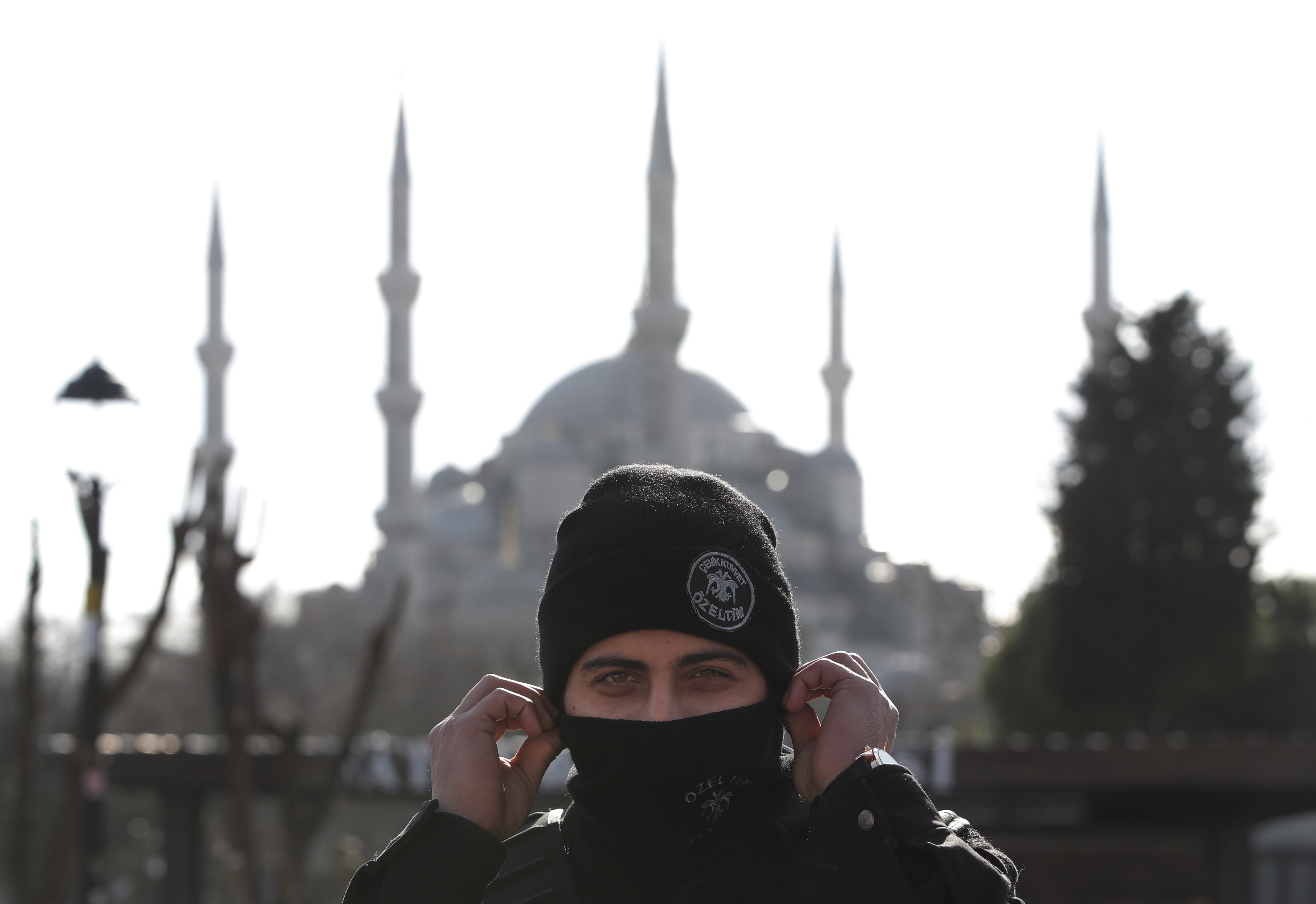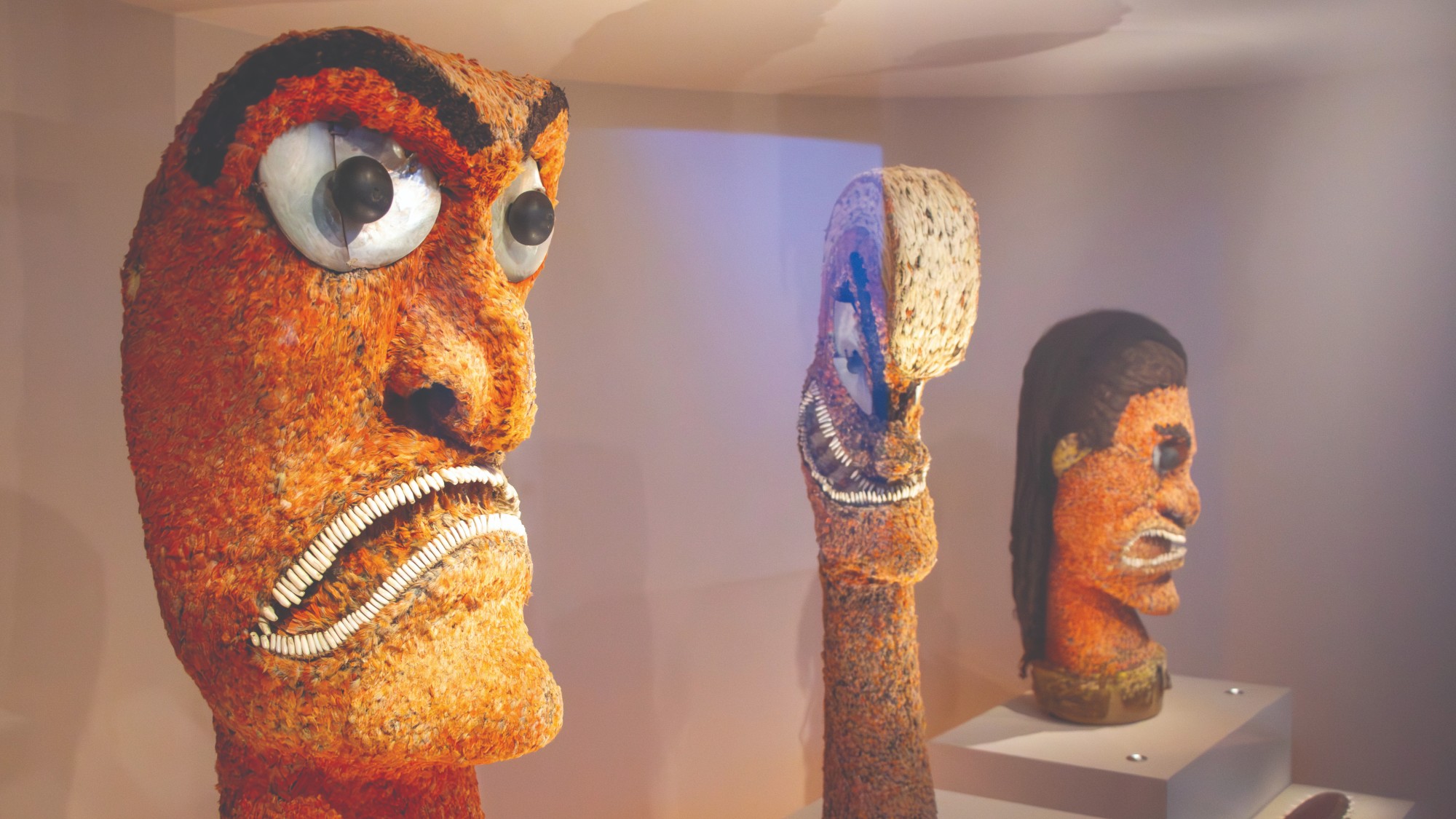ISIS just messed with the wrong Islamic country
When ISIS bombed Istanbul, it bit the hand that stealthily fed it


ISIS's November terrorist attack in Paris might have made a bigger splash around the world, but its Istanbul attack Tuesday might actually prove its undoing. That's because it might finally persuade Turkish President Tayyip Erdogan, who commands the second largest NATO army after America, to stop playing footsie with this noxious outfit and start dealing with it.
This was not ISIS's first hit-job on Turkish soil — nor the bloodiest. The 10 lives it claimed — mostly German tourists — were less than the 30 killed in a July attack in Suruc, a town in the southeast, or the 100 killed in an October attack in Ankara, the national capital. (No one took responsibility for the Ankara attack but it was widely considered to have ISIS fingerprints). But the big difference is that ISIS's bombings in Turkey have largely targeted its Kurdish minority whose nationalistic insurgency Erdogan considers a mortal threat. Suruc is a Kurd-dominated town and the Ankara attack went after a pro-Kurdish rally. So it was convenient for Erdogan to look the other way.
But even before the latest bombing, turning a blind eye was getting harder to do. Now it will be nearly impossible.
The Week
Escape your echo chamber. Get the facts behind the news, plus analysis from multiple perspectives.

Sign up for The Week's Free Newsletters
From our morning news briefing to a weekly Good News Newsletter, get the best of The Week delivered directly to your inbox.
From our morning news briefing to a weekly Good News Newsletter, get the best of The Week delivered directly to your inbox.
For starters, this time ISIS targeted Sultanahmet — the sacred territory that houses Istanbul's most iconic religious and historic monuments, such as the Blue Mosque, Hagia Sophia, and Topkapi Palace.
As it happens, last week I was vacationing in a hotel blocks away from the attack site, which is usually jam-packed with people, stores, and eateries. If the death toll isn't higher and doesn't include more locals, it's perhaps because the ISIS attacker detonated his bomb late morning when mostly tourists are out sightseeing and locals are at home or already at work.
But that doesn't mean that the attack won't shock and outrage Turks. Their country is a hotbed of various Islamist, leftist, and Kurdish terrorist groups. Still, they weren't expecting this from ISIS. Indeed, a rather Westernized Sultanahmet restaurant owner, whom I queried about precisely such an attack before it happened, confidently assured me that ISIS might be audacious but it wasn't stupid. Striking Istanbul, he said, would be tantamount to biting the hand that feeds it.
He was referring to the fact that Erdogan has for two years aided and abetted ISIS despite being part of the U.S.-led anti-ISIS coalition. The reason is simple: Erdogan is terrified that the 15 million Kurds on Turkish soil will secede and join Kurdish-dominated regions in Iraq and Syria to finally forge the Kurdish state they've been longing for since the collapse of the Ottoman Empire. (Hilariously, even after it was established that ISIS perpetrated this week's attack, Erdogan's first instinct was to condemn the Kurds and their Western sympathizers such as MIT's leftist linguist Noam Chomsky.)
A free daily email with the biggest news stories of the day – and the best features from TheWeek.com
Meanwhile, Syrian Kurds have proven ISIS's most formidable opponents, wresting back lost territory from it, something that has only fed Erdogan's worst fears about a Kurdish state.
Hence, he has allowed the free flow of ISIS terrorists and weapons across Turkey's southern border — which ISIS used last summer to infiltrate Kobani, a Kurdish-controlled border town, and massacre 150 civilians. Most Turks loathe Erdogan's enabling of ISIS but were resigned to giving ISIS its pound of flesh, so long as it followed the example of Kurdish guerillas and left its major city centers alone — including the Kurdish car bombing Thursday of a police station in Diyarbakir province.
But this cozy arrangement began to backfire because it pushed America, which has allied with the Kurds since the first Gulf War, even more into Kurdish arms. America has funneled arms and intelligence to Syrian Kurds who have mounted the only successful ground offensive against ISIS. To undermine this U.S.-Kurdish alliance and marginalize the growing Kurdish influence in the region, Erdogan was finally spooked last July into rounding up and imprisoning hundred of ISIS fighters ensconced in southern Turkey. Even more significantly, he allowed America to use Turkey's Incirlik air base to mount anti-ISIS air strikes. The Sultanahmet bombing is ISIS's blowback for this "treachery."
The reality, however, is that even if Turkey hadn't done an about face, ISIS wasn't going to play nice forever. That's because while Turkey (like Saudi Arabia) may be a predominantly Sunni country and ISIS is a Sunni outfit, ISIS's theological goal is to conquer Istanbul (like Riyadh) and create a pan-Arab Islamic caliphate, as Graeme Wood reported in his seminal Atlantic piece.
Middle Eastern politics are an exceedingly complicated game of chess where real-politik considerations — not principles or ideologies — drive players. But ISIS is a different animal entirely. In attacking Istanbul, it might have finally made a false move that could force Turkey to take seriously the long-term threat it poses. Nothing can be taken for granted in a part of the world for whom the term "byzantine politics" was invented. But should Turkey, which is quite capable of crushing ISIS if it chooses, awaken from its slumber, the world might finally start beating back this evil outfit.
Shikha Dalmia is a visiting fellow at the Mercatus Center at George Mason University studying the rise of populist authoritarianism. She is a Bloomberg View contributor and a columnist at the Washington Examiner, and she also writes regularly for The New York Times, USA Today, The Wall Street Journal, and numerous other publications. She considers herself to be a progressive libertarian and an agnostic with Buddhist longings and a Sufi soul.
-
 Hawai‘i: a kingdom crossing oceans – a ‘thrilling’ exhibition
Hawai‘i: a kingdom crossing oceans – a ‘thrilling’ exhibitionThe Week Recommends With some items on display for the first time since 1900, the British Museum’s new show gives voice to a ‘fascinating, rarely heard culture’
-
 Political cartoons for January 22
Political cartoons for January 22Cartoons Thursday's political cartoons include clickbait tragedy, Canada uncoupling, and the art of blackmail
-
 Six ways to boost your finances in 2026
Six ways to boost your finances in 2026It’s not too late to make a new year’s resolution to finally get organised money-wise
-
 Why Greenland’s natural resources are nearly impossible to mine
Why Greenland’s natural resources are nearly impossible to mineThe Explainer The country’s natural landscape makes the task extremely difficult
-
 Iran cuts internet as protests escalate
Iran cuts internet as protests escalateSpeed Reada Government buildings across the country have been set on fire
-
 US nabs ‘shadow’ tanker claimed by Russia
US nabs ‘shadow’ tanker claimed by RussiaSpeed Read The ship was one of two vessels seized by the US military
-
 How Bulgaria’s government fell amid mass protests
How Bulgaria’s government fell amid mass protestsThe Explainer The country’s prime minister resigned as part of the fallout
-
 Femicide: Italy’s newest crime
Femicide: Italy’s newest crimeThe Explainer Landmark law to criminalise murder of a woman as an ‘act of hatred’ or ‘subjugation’ but critics say Italy is still deeply patriarchal
-
 Brazil’s Bolsonaro behind bars after appeals run out
Brazil’s Bolsonaro behind bars after appeals run outSpeed Read He will serve 27 years in prison
-
 Americans traveling abroad face renewed criticism in the Trump era
Americans traveling abroad face renewed criticism in the Trump eraThe Explainer Some of Trump’s behavior has Americans being questioned
-
 Nigeria confused by Trump invasion threat
Nigeria confused by Trump invasion threatSpeed Read Trump has claimed the country is persecuting Christians
